
Traveling to Tokyo? 8 recommended areas and hotels to stay
Tokyo is a vibrant city with a wide range of unique neighborhoods, each offering a different experience. When deciding where to stay in Tokyo, it largely depends on what kind of experience you want. Here’s a breakdown of several key areas and the benefits of staying in each:
Here are eight great areas to explore, along with hotel recommendations in each:
Contents
1. Shibuya
- Why Visit: Famous for the Shibuya Crossing, fashion-forward boutiques, vibrant nightlife, and trendy restaurants.
- Best for: Young, trendy travelers who want to be in the heart of fashion, pop culture, and nightlife.
-
Benefits:
- Vibrant Atmosphere: Shibuya is lively and energetic, perfect for those who want to experience Tokyo’s youthful, fast-paced side. You'll be close to Shibuya Crossing, a world-famous landmark.
- Shopping & Dining: Tons of trendy shops, restaurants, and cafes. If you love shopping for fashion and exploring new dining spots, this is the place to be.
- Nightlife: Popular for its bustling nightlife, with lots of bars, clubs, and live music venues.
- Downsides: Can be crowded and noisy, especially around the station.
-
Hotel Recommendation:
- Shibuya Excel Hotel Tokyu: Located above the Shibuya station, with stunning views of the city and direct access to the best shopping and dining.
- TRUNK Hotel: A stylish boutique hotel with a trendy, eco-conscious design and a great bar.
2. Shinjuku
- Why Visit: Known for its bustling entertainment district, the serene Shinjuku Gyoen park, and the neon-lit Kabukicho.
- Best for: Travelers who want a mix of entertainment, shopping, and green spaces.
-
Benefits:
- Central Location: Shinjuku is well-connected, with the Shinjuku Station being one of the largest transportation hubs in the city. Easy to explore other parts of Tokyo.
- Diverse Atmosphere: You can enjoy the crazy neon nightlife of Kabukicho or relax in the calm beauty of Shinjuku Gyoen Garden.
- Great Views: The Tokyo Metropolitan Government Building offers a free observation deck with panoramic views.
- Vibrant Nightlife: Kabukicho is known for its lively entertainment, including bars, restaurants, and karaoke spots.
- Downsides: The station and Kabukicho can be overwhelming due to the crowds.
-
Hotel Recommendation:
- Park Hyatt Tokyo: Luxury hotel with panoramic views of the city, featured in Lost in Translation.
- Hotel Gracery Shinjuku: Famous for the giant Godzilla head on its terrace, great for entertainment lovers.
3. Asakusa
- Why Visit: Home to the historic Senso-ji Temple and the old-world charm of traditional shops and markets.
- Best for: History lovers and those seeking a more traditional Tokyo experience.
-
Benefits:
- Cultural Experience: Staying near Senso-ji Temple allows you to experience Tokyo’s rich cultural heritage with traditional shops and old streets.
- Quieter Vibe: Compared to Shibuya or Shinjuku, Asakusa has a more relaxed and less hectic atmosphere.
- Easy Access to Tokyo Skytree: Close to one of Tokyo’s most famous landmarks, the Tokyo Skytree, with great views of the city.
- Budget-Friendly: Often more affordable accommodations compared to other central areas.
- Downsides: A little farther from some of the modern attractions and not as central for nightlife.
-
Hotel Recommendation:
- The Gate Hotel Asakusa Kaminarimon by Hulic: A modern hotel with fantastic views of Tokyo Skytree and close proximity to Senso-ji.
- Asakusa View Hotel: Offers great views of the Senso-ji Temple and Tokyo Skytree, with easy access to Asakusa’s charming streets.
4. Ginza
- Why Visit: Upscale shopping district with flagship stores, gourmet dining, and high-end department stores.
- Best for: Luxury travelers, high-end shoppers, and those who prefer a sophisticated atmosphere.
-
Benefits:
- Luxury Shopping & Dining: Ginza is Tokyo’s most upscale shopping district, filled with designer brands, department stores, and gourmet dining.
- Central Location: Close to Tokyo Station, making it easy to explore other parts of the city or take day trips to places like Yokohama or Hakone.
- High-End Experience: If you want to stay in a quieter, more refined part of the city with access to the best restaurants and shopping, Ginza is ideal.
- Downsides: Can be expensive, and the nightlife is more subdued compared to places like Shinjuku or Roppongi.
-
Hotel Recommendation:
- The Peninsula Tokyo: A luxurious hotel blending Japanese and modern design, with fantastic service and amenities.
- Hotel Gracery Ginza: A more affordable option located right in the heart of Ginza’s shopping and dining district.
5. Akihabara
- Why Visit: The ultimate destination for electronics, anime, manga, and gaming culture enthusiasts.
- Best for: Tech enthusiasts, anime, and gaming fans.
-
Benefits:
- Otaku Culture Hub: This area is famous for its electronics stores, anime shops, and themed cafes, making it a haven for fans of Japanese pop culture.
- Shopping for Tech & Gadgets: If you’re into tech, Akihabara is the place to find the latest gadgets, computers, and electronic goods.
- Unique Atmosphere: It offers a very different vibe from other parts of Tokyo, with a colorful and lively street scene full of niche stores.
- Downsides: Limited options for traditional sightseeing and a specific appeal mainly for tech and anime fans.
-
Hotel Recommendation:
- Akihabara Washington Hotel: A convenient, modern hotel with easy access to all the otaku and tech spots.
- Remm Akihabara: Stylish and compact rooms, directly connected to Akihabara Station, great for fans of pop culture.
6. Roppongi
- Why Visit: Known for its nightlife, international atmosphere, and art museums like the Mori Art Museum.
- Best for: Art lovers, international travelers, and those seeking a mix of nightlife and culture.
-
Benefits:
- Nightlife & Dining: Famous for its international dining scene and vibrant nightlife, Roppongi is popular among expats and travelers alike.
- Cultural Attractions: Home to world-class museums like the Mori Art Museum and The National Art Center, making it a great spot for art lovers.
- Luxury Experience: There are many high-end hotels and bars in the area, as well as upscale shopping at Roppongi Hills.
- Downsides: The nightlife scene can be a bit loud, and it’s not as “authentically Japanese” as other areas.
-
Hotel Recommendation:
- The Ritz-Carlton, Tokyo: A luxury hotel located in the tallest building in Tokyo, offering magnificent views of the city skyline.
- Candeo Hotels Tokyo Roppongi: A more affordable option with a sleek design and a great location near Roppongi’s attractions.
7. Odaiba
- Why Visit: A futuristic island with family-friendly attractions, large shopping malls, and entertainment complexes.
- Best for: Families and those interested in futuristic attractions and waterfront views.
-
Benefits:
- Family-Friendly: Odaiba has a lot of family-oriented attractions like amusement parks, museums, and large shopping centers.
- Scenic Views: You’ll get great views of Tokyo Bay, Rainbow Bridge, and futuristic architecture.
- Modern Entertainment: Odaiba is known for its futuristic vibe, with attractions like TeamLab Borderless, Oedo Onsen Monogatari, and large shopping malls.
- Downsides: A bit farther from the central parts of Tokyo and less traditional in atmosphere.
-
Hotel Recommendation:
- Hilton Tokyo Odaiba: A waterfront hotel with beautiful views of the Rainbow Bridge and Tokyo Bay.
- Grand Nikko Tokyo Daiba: A luxury hotel offering fantastic views and easy access to Odaiba’s attractions.
8. Harajuku
- Why Visit: Famous for its quirky fashion, youth culture, and Takeshita Street with unique boutiques and cafes.
- Best for: Fashion enthusiasts, youth culture lovers, and quirky travelers.
-
Benefits:
- Trendy & Youthful Vibe: Known for Takeshita Street, full of eccentric shops, crepe stands, and vintage clothing boutiques.
- Fashion Central: The heart of Tokyo’s avant-garde fashion scene, with plenty of independent designers and offbeat fashion spots.
- Cultural Contrast: It’s also close to Meiji Shrine and Yoyogi Park, giving you a balance between trendy city life and serene nature.
- Good Location: Well-connected and close to Shibuya and Shinjuku, making it easy to explore the city.
- Downsides: Can be extremely crowded, especially on weekends.
-
Hotel Recommendation:
- The Millennials Shibuya: Located near Harajuku, this capsule hotel is trendy, futuristic, and fun.
- Dormy Inn Premium Shibuya Jingumae: A modern and comfortable hotel just a short walk from Harajuku’s main attractions.
Conclusion:
- Shibuya or Shinjuku are ideal if you want to be in the center of the action with easy access to transportation and vibrant nightlife.
- Asakusa is perfect for a quieter, more traditional stay.
- Ginza is great for luxury shopping and dining, while Akihabara caters to tech and anime fans.
- Roppongi offers a mix of nightlife and art, and Odaiba is perfect for families looking for futuristic attractions.
- Harajuku is your spot for quirky fashion and youth culture.
These areas will give you a well-rounded experience of Tokyo, from modern luxury to historic charm. Choose the right area depends on what kind of experience you’re looking for, and enjoy your trip!
Share
You may also like
-
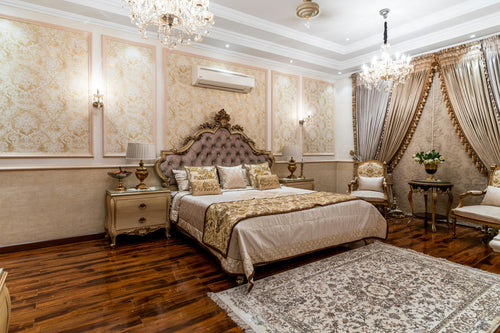
Visiting Japan’s Love Hotel Districts: What to Expect
Japan’s love hotel districts are famous for their unique and fascinating blend of privacy, creativity, and a touch of...
-

Top 10 Late-Night Dining Spots in Tokyo’s 24-Hour Cafes
Tokyo’s vibrant nightlife extends well beyond bars and nightclubs, with a thriving late-night dining culture tha...
-
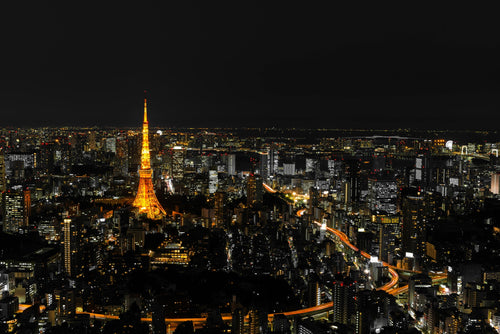
Best Night Tours in Tokyo for After-Dark Adventures
Tokyo’s nightlife is renowned for its energy, vibrancy, and unique blend of traditional and modern experiences. From ...
-
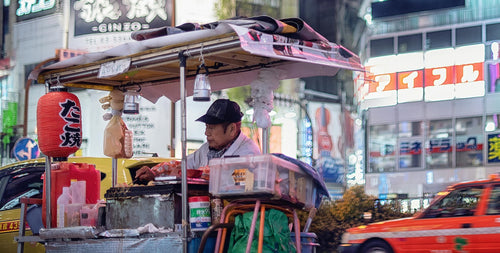
Japan’s Late-Night Food Culture: 8 Best Street Eats
Japan’s late-night food culture is a vibrant experience, especially in bustling cities like Tokyo and Osaka, where de...
-
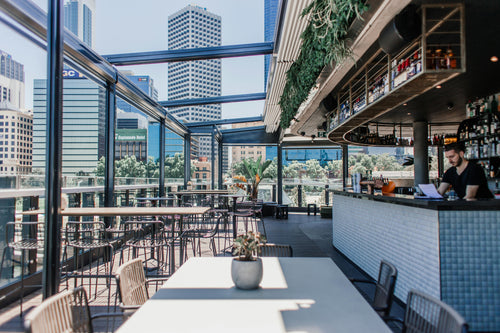
7 Rooftop Bars in Tokyo for Stunning Views
Tokyo’s rooftop bars offer some of the best ways to soak in the city’s skyline while enjoying drinks, atmosphere, and...
-
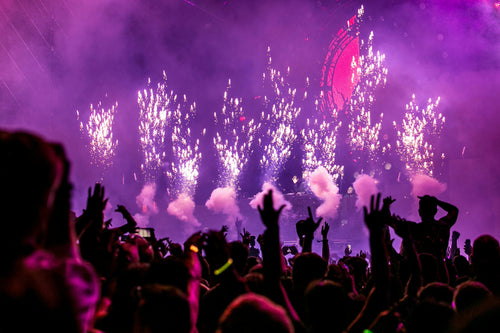
10 Best Nightclubs in Tokyo for Dancing and Music Lovers
Tokyo's nightlife is renowned for its variety and energy, with nightclubs that range from high-energy dance floors to...
-
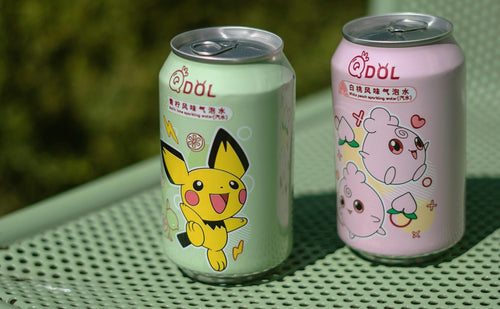
8 Themed Bars and Cafes You Need to Visit in Tokyo
Tokyo is famous for its creative and quirky themed bars and cafes, offering immersive experiences for locals and...
-

Tokyo Nightlife Guide: Shinjuku, Shibuya, and Roppongi Highlights
Tokyo’s nightlife is legendary, offering a mix of vibrant energy, entertainment, and unique experiences in some of it...
-
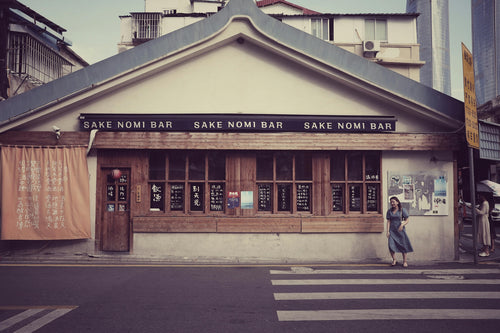
7 Best Japanese Sake Bars in Tokyo
Tokyo is home to some of Japan’s best sake bars, offering both locals and visitors an opportunity to explore the...
-
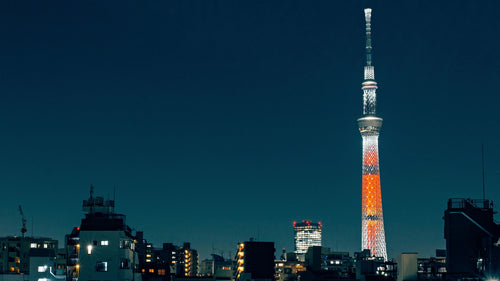
Top 6 Observation Decks in Tokyo for Scenic Views
Tokyo’s observation decks offer some of the best panoramic views of the city, giving visitors a chance to see th...
-
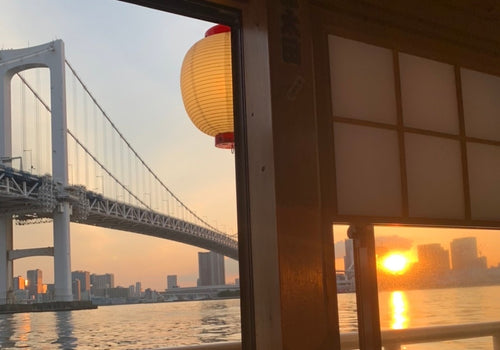
Night Cruises in Tokyo: Enjoy the City Views
Tokyo’s skyline is mesmerizing at any time, but experiencing it from the water on a night cruise adds a magical ...
-
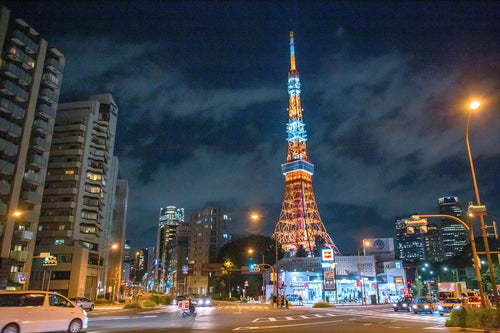
Roppongi Art and Nightlife Guide
Roppongi is one of Tokyo’s most vibrant districts, known for its lively nightlife, sophisticated art scene, and ...
-
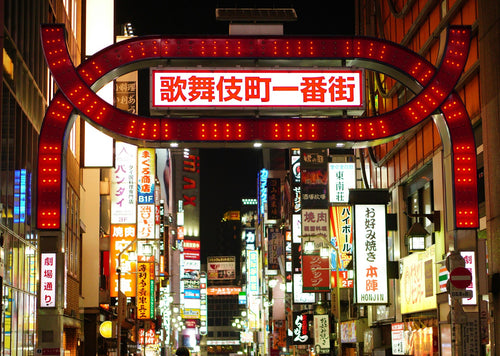
Nightlife Guide to Shinjuku Kabukicho
Shinjuku’s Kabukicho district, known as Tokyo’s “Sleepless Town,” is the center of nightlife in Tokyo. Renowned ...
-
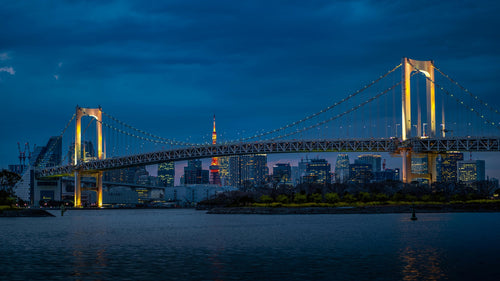
6 Best Night View Spots in Tokyo
Tokyo at night is a breathtaking spectacle, with illuminated skyscrapers, iconic landmarks, and bustling streets that...
-
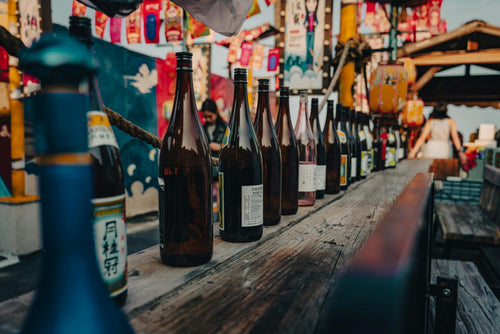
Top 12 Sake Breweries in Japan for Tasting and Tours
Japan’s sake culture is celebrated around the world for its depth, complexity, and rich history. Sake, or nihons...
-
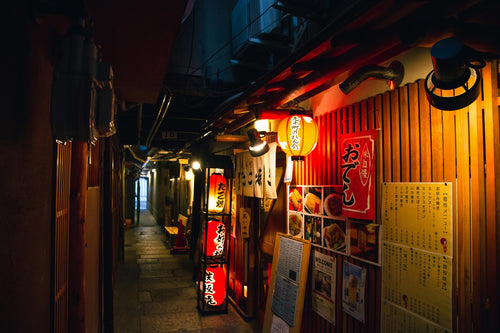
How to Enjoy a Night at a Japanese Izakaya
Japanese izakayas are casual, lively spots where locals gather after work to enjoy drinks, share small plates, a...
-

Exploring Karaoke Culture in Japan: 8 Best Places to Sing
Karaoke is an integral part of Japanese culture, offering a fun and entertaining way for friends, family, and even co...
-
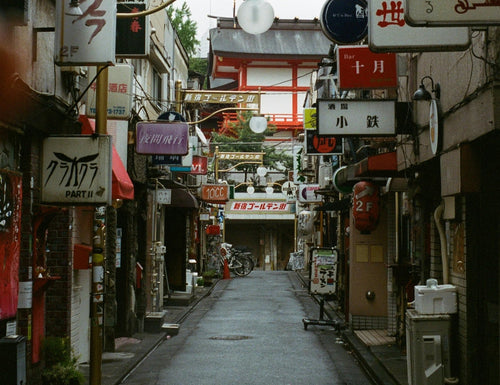
5 recommended bars in Golden Gai
Golden Gai, nestled in the heart of Tokyo’s Shinjuku district, is one of the city’s most iconic bar districts. Known ...
-
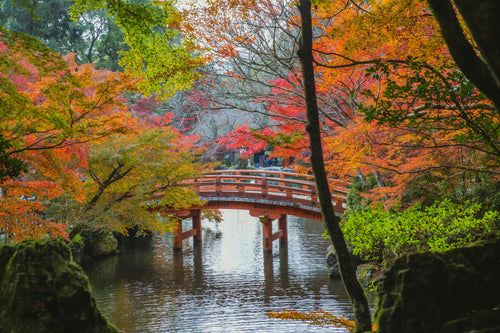
10 Japanese Gardens You Should Visit for Tranquility
Japanese gardens are renowned for their beauty, tranquility, and intricate designs that reflect harmony with nature. ...
-
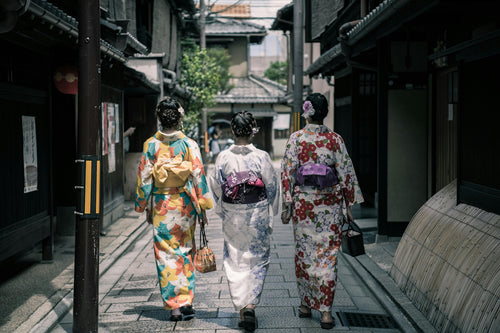
Japan’s Kimono Heritage: Symbolism, Style, and Where to See
The kimono, Japan’s traditional garment, is a beautiful and symbolic representation of Japanese culture. From its int...
-
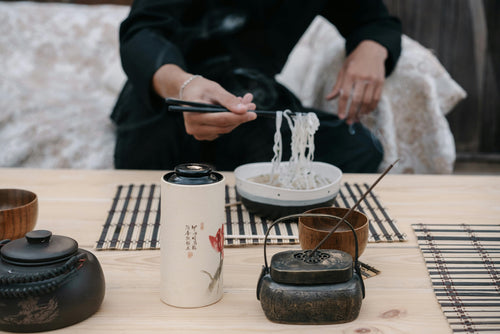
Etiquette Essentials for Visitors to Japan
Japan’s culture is rich in respect, politeness, and consideration, making etiquette an essential part of daily l...
-

7 Best Places to Discover Japan’s Samurai History
Japan’s samurai history is one of honor, skill, and deep cultural influence, stretching back centuries and leaving an...
-
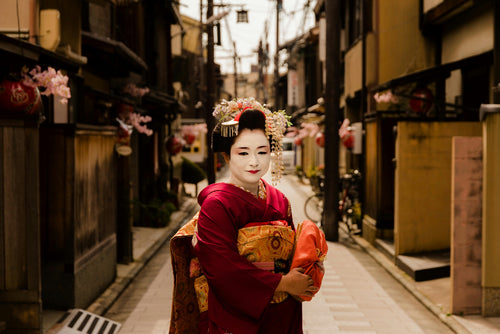
Geisha Culture in Japan: Myths and Realities
The world of geisha, Japan’s skilled performers and keepers of traditional arts, has long intrigued people around th...
-
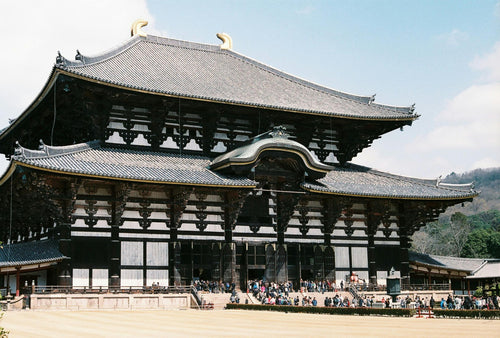
Japan’s Unique Architecture: Top 8 Traditional and Modern Landmarks
Japan is renowned for its unique blend of ancient architectural heritage and cutting-edge modern designs. From c...
-
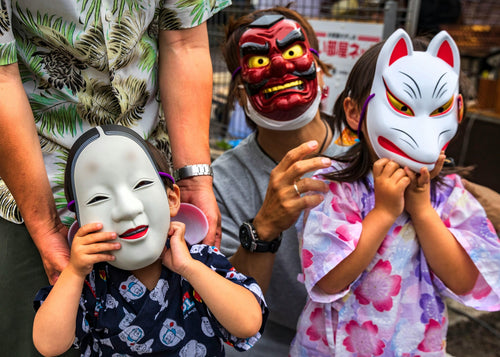
10 Traditional Japanese Festivals (Matsuri) You Can’t Miss
Japanese festivals, or *matsuri*, are vibrant celebrations of cultural heritage, featuring elaborate costumes, l...
-
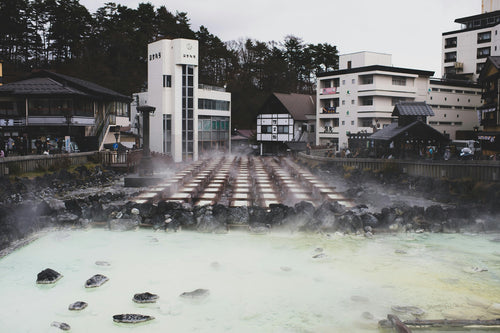
Japan’s Three Great Onsen: A Guide to Famous Hot Springs
Japan is famous for its natural hot springs, or *onsen* (温泉), offering visitors a unique opportunity to relax and rej...
-
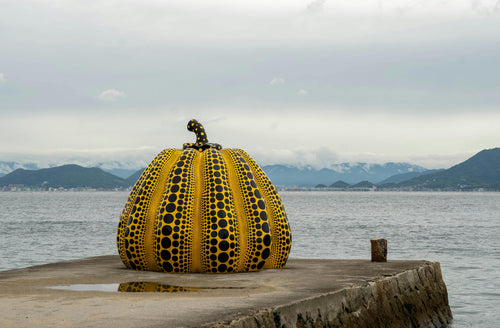
Japanese Art Exploration: Best Spots to Enjoy Art in Japan
Japan is a country rich in artistic heritage, from centuries-old traditional crafts to modern, innovative instal...
-

Guide to Japan’s Fireworks Festivals: When and Where to Go
Japan’s summer fireworks festivals, known as "hanabi taikai" (花火大会), are among the most anticipated events in th...
-
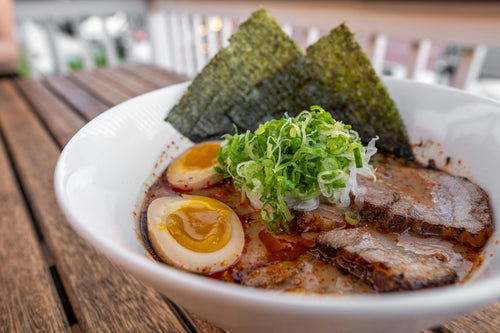
Where to Experience Ramen-Making Classes in Japan
Ramen is one of Japan’s most beloved dishes, with countless regional styles and flavors that attract food lovers from...
-
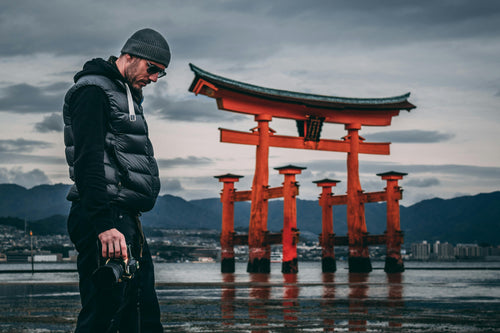
Power Spot Tours: Japan’s Famous Temples and Shrines
Japan is a land steeped in spiritual history, and visiting its temples and shrines provides not only a glimpse i...
-
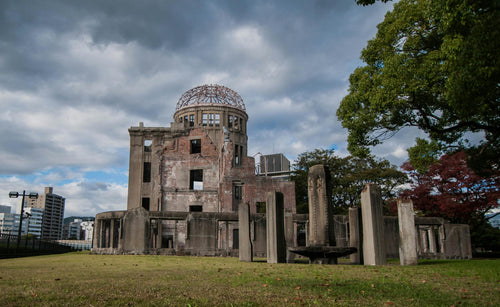
UNESCO World Heritage Site Tour Guide in Japan
Japan is home to numerous UNESCO World Heritage Sites, each offering a glimpse into the country’s rich cultural herit...
-
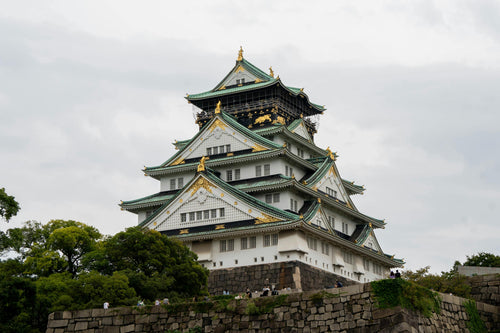
5 Famous Japanese Castles: History and Highlights
Japan is home to some of the most beautiful and historically significant castles in the world. Built during the feuda...
-
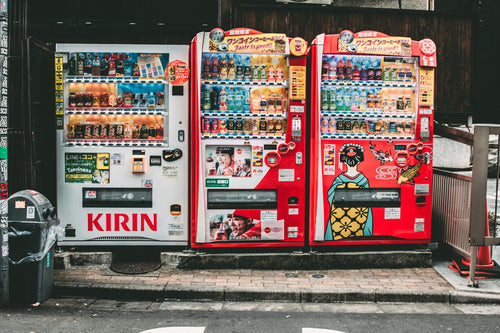
10 Unique Drinks to Try from Japanese Vending Machines
Japan is famous for its vending machines, offering an incredible variety of drinks that go beyond just soft drinks an...
-
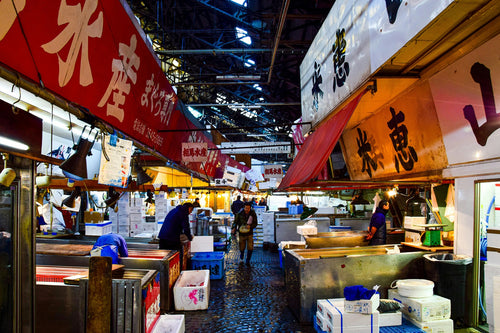
Tokyo Market Guide: Exploring Tsukiji and Toyosu Markets
Tokyo's Tsukiji and Toyosu Markets are must-visit spots for food lovers and anyone interested in Japan’s rich culinar...
-
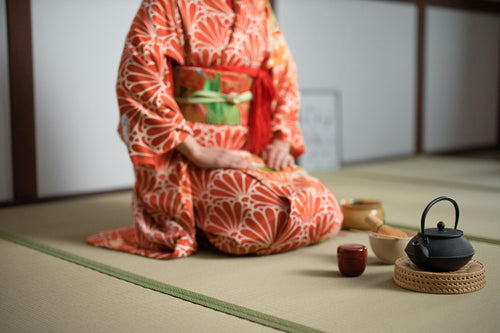
Experiencing Traditional Tea Ceremony in Tokyo
The Japanese tea ceremony, or "chanoyu," is a cultural experience steeped in tradition, aesthetics, and mindfulness....
-
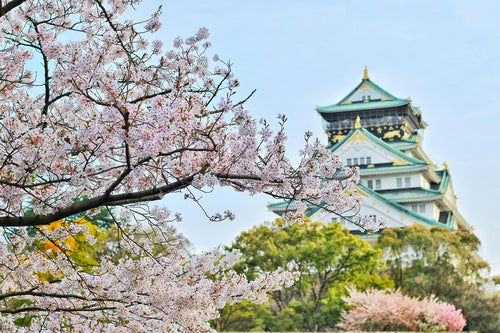
Top 7 Cherry Blossom Viewing Locations in Tokyo
Springtime in Tokyo is synonymous with the cherry blossom season, a breathtaking period when the city’s parks, rivers...
-
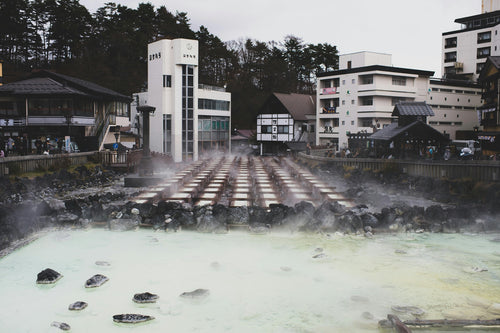
What is Onsen? A Guide to History, Benefits, and Etiquette
Onsen, Japan’s cherished hot spring culture, offers a unique blend of relaxation, scenic beauty, and deep-rooted trad...
-
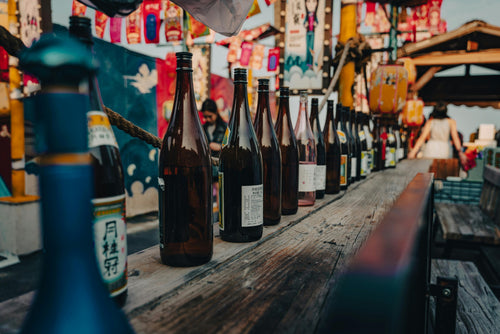
What is Sake? Its Production Method and History
Sake is a traditional Japanese alcoholic beverage made from fermented rice. It has been enjoyed in Japan for over a t...
-
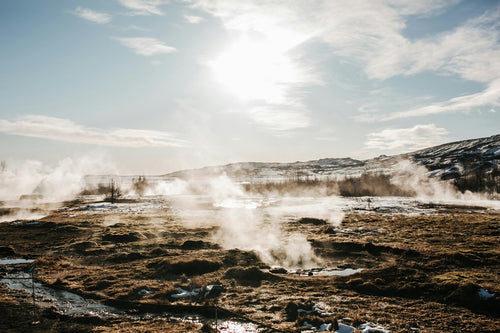
8 hot springs with beautiful scenery near Tokyo
Tokyo is a bustling metropolis, but just outside the city are some of Japan's most serene hot springs, or onsens, off...
-
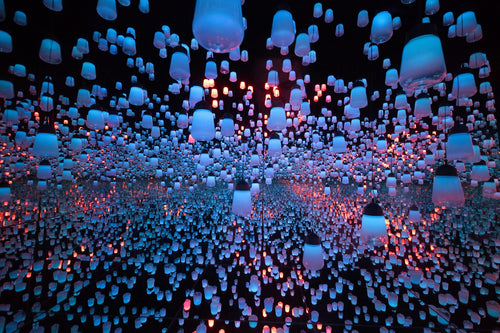
Top 10 museum to visit in Tokyo
Tokyo is home to a diverse range of museums that cater to all interests, from art and history to technology and pop c...
-
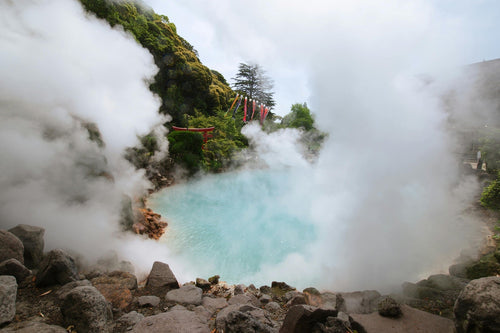
9 Best Hot Spring and Bathhouse in Tokyo
Tokyo is known for its vibrant urban energy, but it's also a fantastic place to relax and rejuvenate in hot springs (...
-
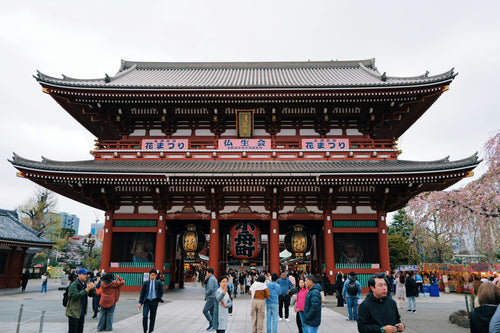
15 Famous Temples and Shrines to Visit near Tokyo
Tokyo and its surrounding areas are home to many famous temples and shrines that showcase Japan's rich spiritual and ...










































